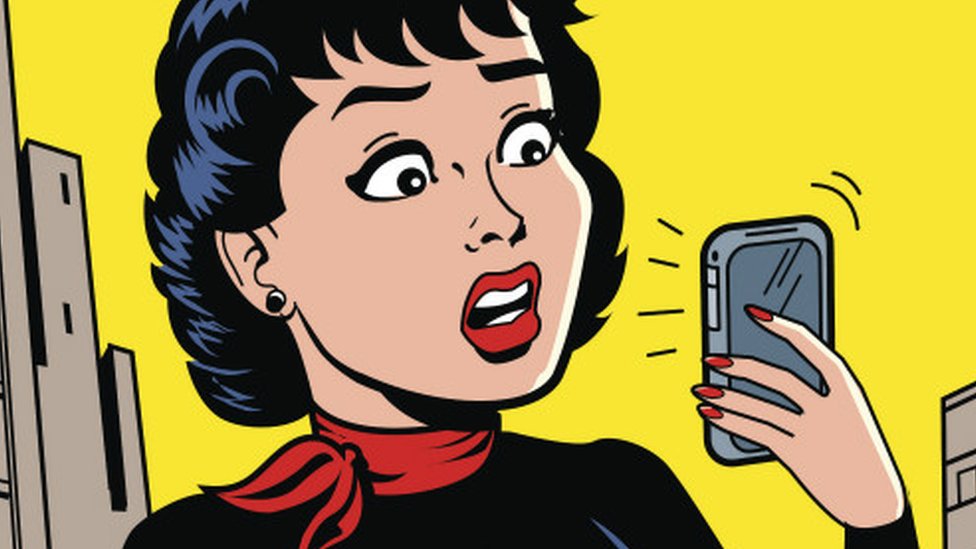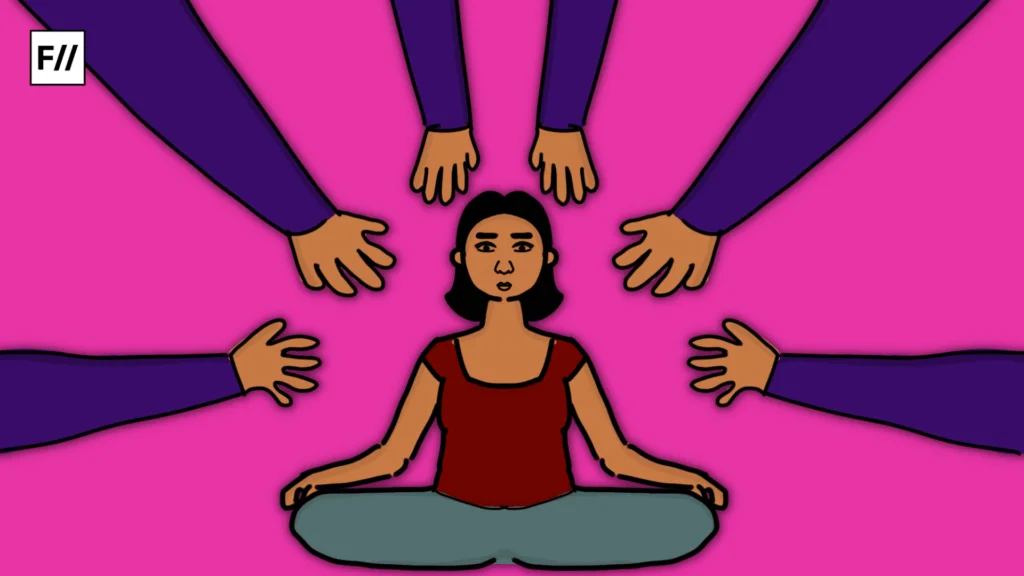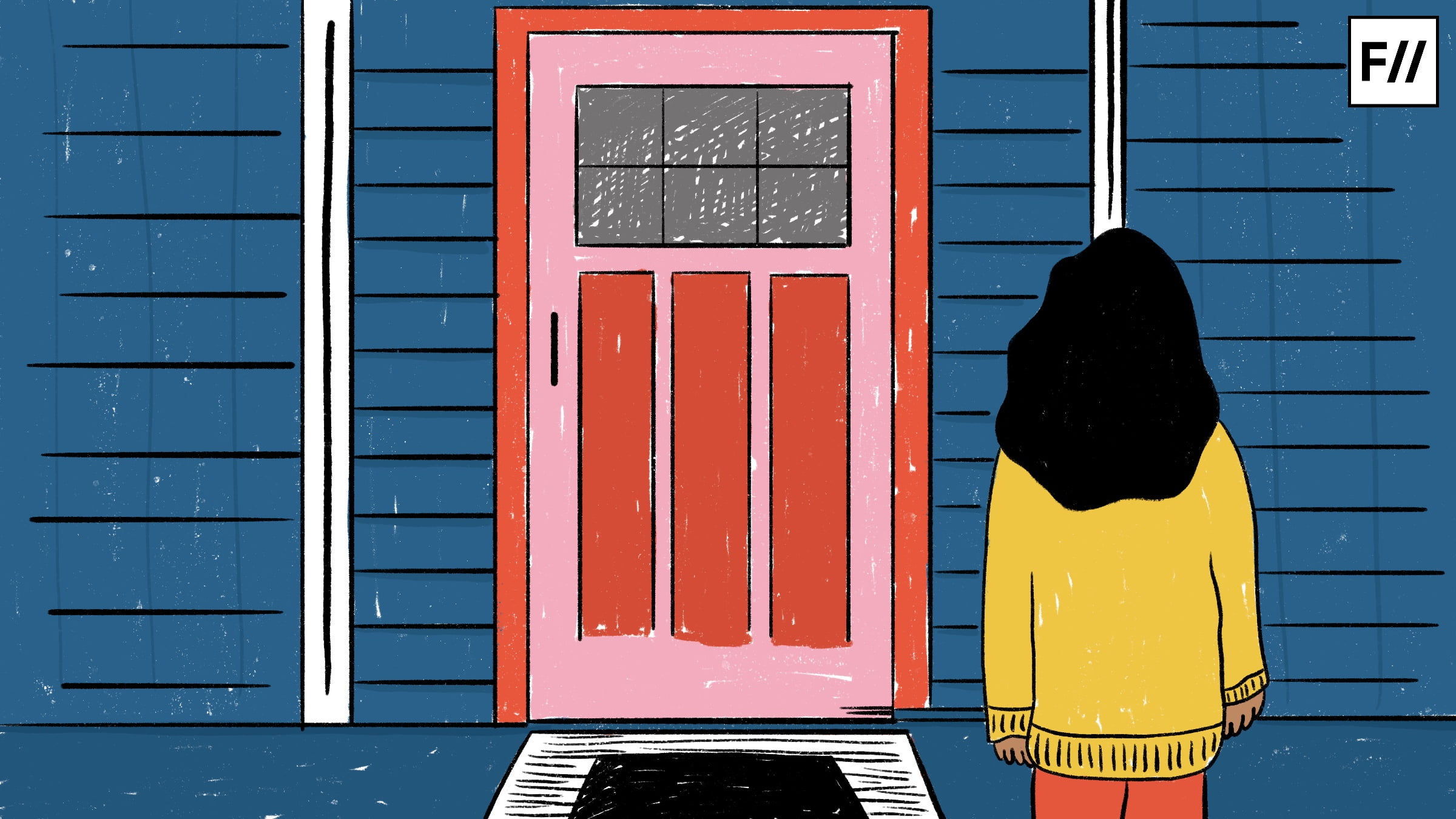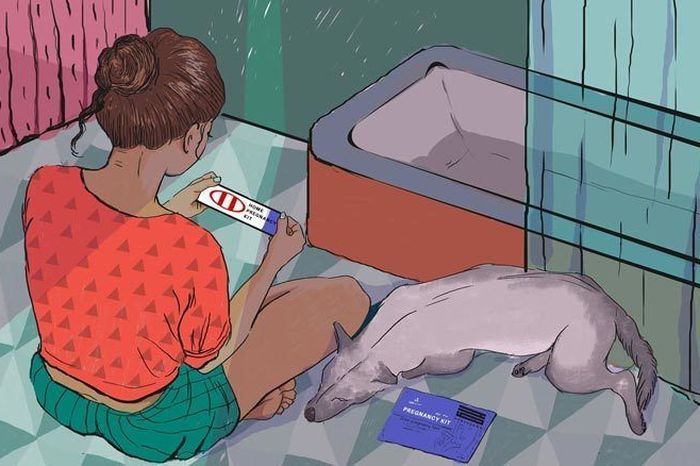The online world is a gendered space. A 2017 crowdsourced report by Amnesty International showed that online abuse against women was extremely widespread and targeted women from across political worlds – especially politicians and journalists. Feminist and author Karla Mantilla brought in a nuance around trolling when she said “Gender trolling involves specifically gender-based insults, including the widespread use of pejorative terms that are levelled particularly at women–“cunt,” “whore,” “slut” and comments designed to insult and humiliate women, especially in regard to their weight and physical appearance.” Call it cyber-bullying, online abuse or gender trolling. The fact that the internet provides an illusion of anonymity and with it perhaps comes the feeling of being invincible which eventually comes to the aid of the trollers, can have serious repercussions on the mental health of women in online public spaces.
In a recent report by the European Institute for Gender Equality stated that the “digital arena had become a breeding ground for a range of exclusionary and violent discourses and beliefs, expressed and disseminated in a context of anonymity and impunity” and this statement succinctly and effectively showcases just how widespread the problem of trolling has become and how in effect it is similar to gender violence. A 2019 Verizon Media survey report conducted by Nielsen among 1200 women in the age group of 18-23 years in 12 cities of India, 40% of the respondents feared irrelevant comments and being trolled.
Also read: Viral Culture: The Toxic, Invasive Trend Of Online Trolling
In a 2020 study by Amnesty International where they analysed more than 114,000 tweets directed at 95 Indian women politicians in the three months during and after the 2019 Indian general elections, they found that women politicians in India received on average 113 problematic or abusive tweets every day. The report also stated that online abuse led to self-censorship among women, where some women thought either to limit their content or anonymize their accounts while some others left the platform altogether.

While these statistics and data are worrying, the fact is that the focus on gender trolling is not new, in fact in a 2018 National Dialogue on gender-based cyber violence organised by IT for Change, and the Advanced Centre for Women’s Studies, Tata Institute of Social Sciences (TISS), in their recommendations stated that “gender-based hate speech, that may or may not be sexual, is a form of gendered violence that seeks to deprive persons from discriminated gender locations of dignity and equal participation in society.”
One key recommendation was that one needed to see cyber violence as an extension and continuum of offline violence. In my recently published research paper around perceptions of Indian women on gender trolling, there were similar such conclusions. In an age of social media proliferation where one would typically expect such spaces to allow for self-expression to thrive, however the overtly misogynistic responses on such platforms to views shared by women especially when their content went against patriarchal views belies any such notions of these spaces affording women safety to share their views.
In the course of this research, I spoke to 25 women who were active on Twitter, and while I was happy that they were candid and open in sharing their thoughts around gender trolling, so much of their responses very directly pinpointed on the courage it took for them to ensure that they continued to share their own views unapologetically, without censure.
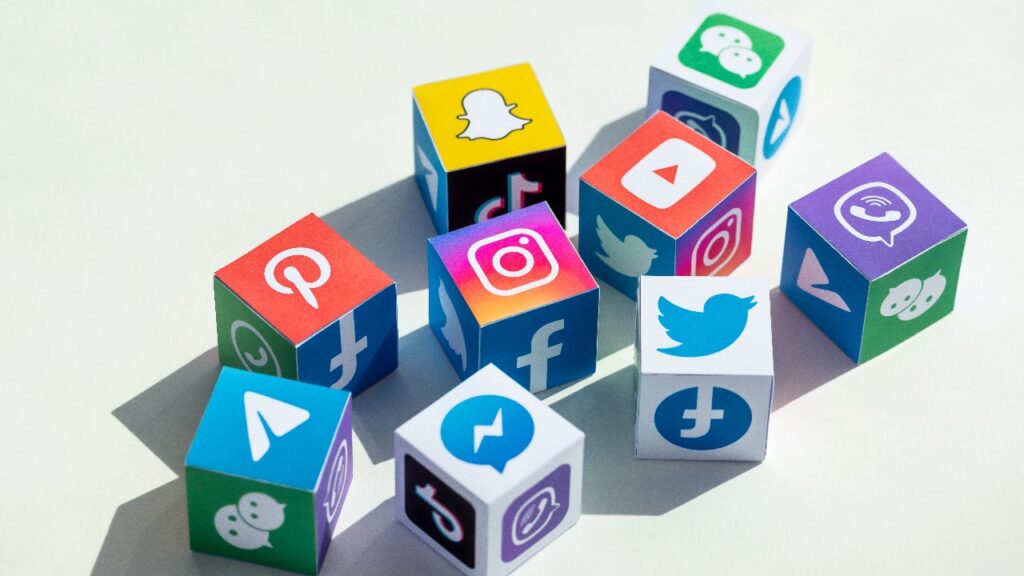
While almost all understood that the online abuse was a mirror to the everyday misogyny that we face in our offline lives, one respondent shared “Platforms like Twitter can only reflect gender hierarchies in the real world, so women face trolling in terms of very personal slurs like body shaming, character assassination and much more.” Similar sentiments were echoed by others who said, “gender trolling should be called sexual harassment because that is what it was”, while another respondent said, “often the man will not face the kind of escalated abuse and sexual trolling that a woman does”.
Also read: Cyber harassment, Trolls, And Cancel Culture: A Lingering Threat To Women And Queer In Journalism
For some it meant receiving lewd comments, rape, and death threats, to others it meant thinking about leaving the platform altogether to allow for some mental peace! One respondent shared, “calling a woman a Randi (Hindi term for a sex worker) is considered acceptable and not an insult, and men have the privilege to get away with it.” In one case the respondent shared the harrowing time took time to process the actual, tangible harm they had potentially opened themselves to by sharing their views openly. One respondent shared about the vitriolic gender trolling that she was subjected and said, “one man threatened to find out where I lived and rape me. Another man threatened to hunt me down at a public event and throw acid on me”.
While their responses to the regular gender trolling they encountered revealed the pervasiveness of this problem, it also threw light on how all the women had in their own way developed coping mechanisms to deal with the online misogyny. Even as all the women respondents were eager to engage in dialogue over different issues with everyone, however when the trolls began issuing rape and death threats, the respondents resorted to blocking trolls. There were umpteen instances of bot trolls as well and in some cases the respondents had no idea on ways to deal with vicious trolling and the emotional toll was sometimes too much to bear, where one respondent shared that it took her “a year of crying and mental stress to develop a thick skin”. In another instance one respondent believed that the best way to counter vitriolic trolling was to “block, mute and report the handle”.
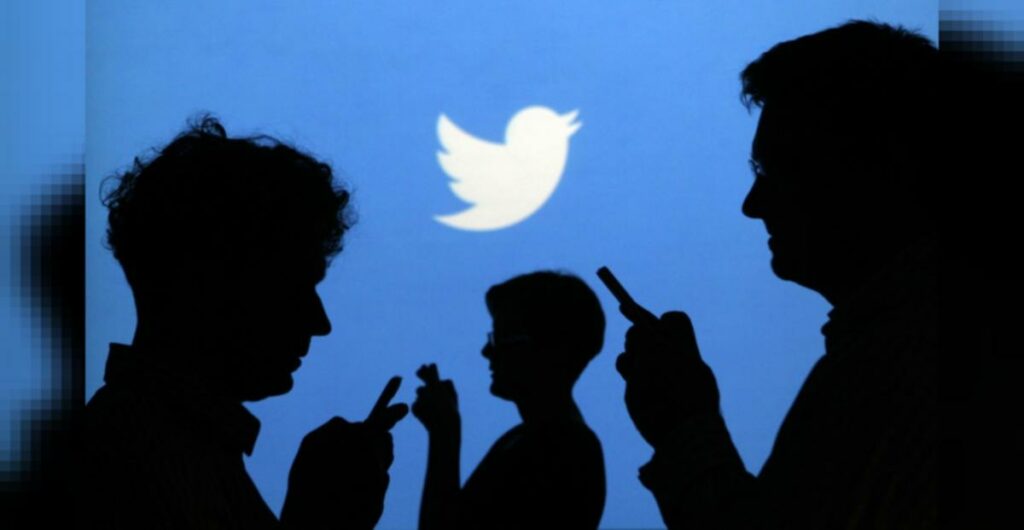
For most of the respondents interviewed in the study, the first response was always to ignore the troll and not engage in further conversation where in essence “silence became the best answer”. There were some other respondents who felt the need to take decisive action and “named and shamed” their abusive trollers. However, in terms of the toll of gender trolling, there were some instances when women respondents contemplated either temporarily taking a break from social media or even contemplating leaving certain social media platforms.
However as one respondent shared, “If they persist in coming back and react to my tweets with spite, I block them. I believe that we are the creators of our timelines; we should not lend that power to the trolls”. A sentiment echoed by another respondent who said, “those of us who have devised strategies to cope with it, probably have understood that the solution to online abuse is not in shying away from platforms but from owning our space and freely reporting, naming, and shaming or plain ignoring via ‘mute’ or block’ buttons”.
Also read: The Cyber Trolling Of Amber Heard: How Power And Gender Determine Who Must Be Believed
While the respondents had devised their own coping mechanisms against gender trolling, it was not altogether shocking to know that almost all respondents did not have too much hope for a systemic led response towards ensuring gender sensitive regulations and policies are implemented to safeguard people from gender-based trolling.
